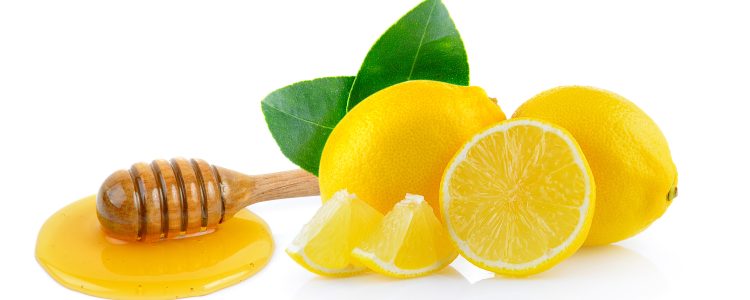Old Wives Tales, Childhood Myths?

Winter Colds & Sore Throats
-
‘Feed a cold and starve a fever’?
This was a saying I heard with some frequency in childhood, but is there any scientific basis to this piece of advice? It transpires both colds AND fever will be best served by feeding, as the immune system needs energy to combat infections, and of course raising the body’s temperature requires energy. However you may well find appetite disappears with a fever, in which case nourishing drinks are a good idea.
-
‘Keep well hydrated’
Staying well hydrated is definitely advisable, but how many of us reach for those over-the-counter medications that ‘dry up’ the mucous that instantly appears in our respiratory passages with onset of a cold? This is the immune system’s natural defence which serves to trap the germs enabling us to expel them, it is far better supported by inhaling steamy vapours because drying up the symptoms only serves to lengthen the duration of the illness.
-
‘Take vitamin C’
Vitamin C has been a popular remedy for the common cold since the 1970s, but despite its widespread use, experts say there’s very little proof it has any effect. Lack of documented evidential proof however does not always mean ‘no effect possible’, sometimes the criteria being measured and observed in a study aren’t appropriate, perhaps different doses or mode of delivery are required, and it wouldn’t be the first time the public at large were ahead of science.
What is generally helpful when combatting a cold is for vitamin C to be ‘grazed’ throughout the day, having little and often is key, no more than 300 mg per dose, every few hours.
-
‘Elderberry Syrup’
Elderberries have a long history of medicinal use for colds and flu, Hippocrates, the Father of Medicine, called the elder tree his “medicine chest”, and whilst these berries do contain lots of vitamin C along with masses of polyphenols, vitamin C reduces with cooking – and cook them you must, because the raw berries contain toxins. So maybe it’s the polyphenols working, because research shows elderberries made into a tincture or syrup will help to shift and loosen mucous and blocked sinuses. In terms of their virus fighting potential, research is generally supportive. The elderberry’s sterols, tannins and essential oils have antimicrobial activity and are very bioactive. They have been shown to inhibit the replication of several strains of influenza virus.
Sambucol – the original Black Elderberry supplement range – helps to strengthen the immune system and has been shown in research (in vitro) to be effective against 10 strains of influenza virus. In a double-blind, placebo-controlled, randomized study, Sambucol reduced the duration of flu symptoms to 3 – 4 days. Further clinical trials need to be developed.
Have you seen elderberries growing near you? Why not make your own flu-busting elderberry syrup? Be sure to only pick ripe fruit. Remove the berries from the stalks (use a fork) then add them to a pan with enough water to just cover the fruit. Simmer gently for 15-20 minutes and then strain the contents through a piece of muslin. Add a squeeze of lemon juice and 500g of sugar to each litre of liquid, bring to the boil again briefly before letting it cool. As a cordial, dilute to taste, or try a teaspoon neat as a tonic in the colder months. Store in the fridge.
-
‘Honey & Lemon’
Drinking a warm tea made with honey and lemon is a time-honoured way to soothe a sore throat, and there is evidence to show that honey is as effective as cough suppressant syrups. But completely suppressing a cough should never be the goal as it’s your body’s way of expelling the germs. But it’s useful to use at night when a persistent cough can prevent quality sleep which is essential for immune resilience.
Honey also has a reputation for having anti-microbial properties, but this varies greatly, depending on the nectar source foraged in its making. If you can afford the Rolls Royce of honeys – ‘Manuka’ – it has been tested against a diverse range of microbes, including those that cause wound infections, and it can inhibit many problematic bacterial pathogens.
Of note is that no bacterial species has developed ‘resistance’ to honey, and research has shown Manuka honey disrupts and kills bacteria living in biofilms, (which is what creates resistant to antibiotics), including Streptococcus (the cause of many throat infections), and Staphylococcus (the cause of Golden Staph’ infections).
Lemons are also naturally antibacterial, so rather than using a conventional sugar and alcohol-based pharmacy cough syrup or reaching for those ‘Lemsip’ drink sachets – why not try making your own!
Ginger has shown good effect against rhinoviruses as has garlic and fennel is a good ‘expectorant’, make teas with the crushed seeds. Thyme is a lovely herb with antibacterial and anti-fungal activity with the ability to inhibit antibiotic resistant species.
I love the way given enough time and research, many ‘old wives tales’ turn out to contain a healthy dose of truth!
